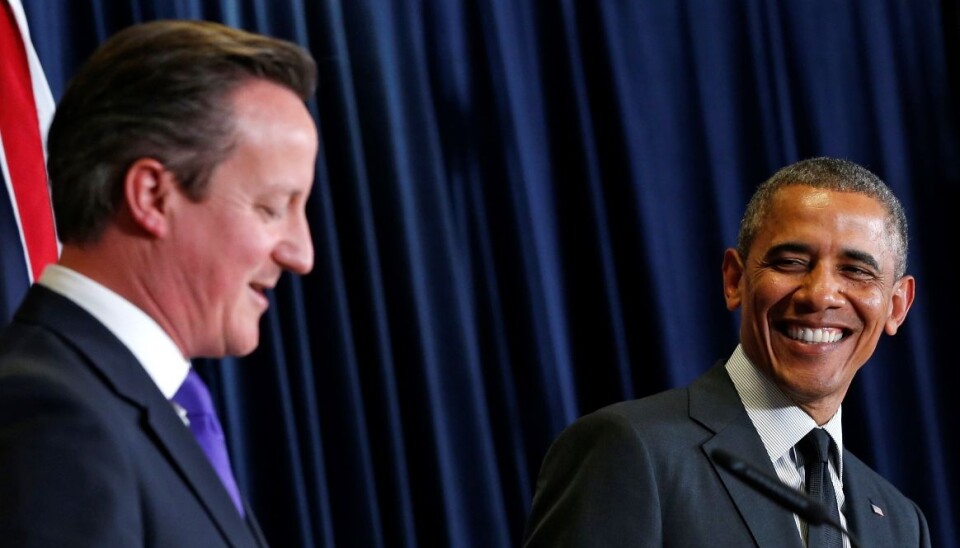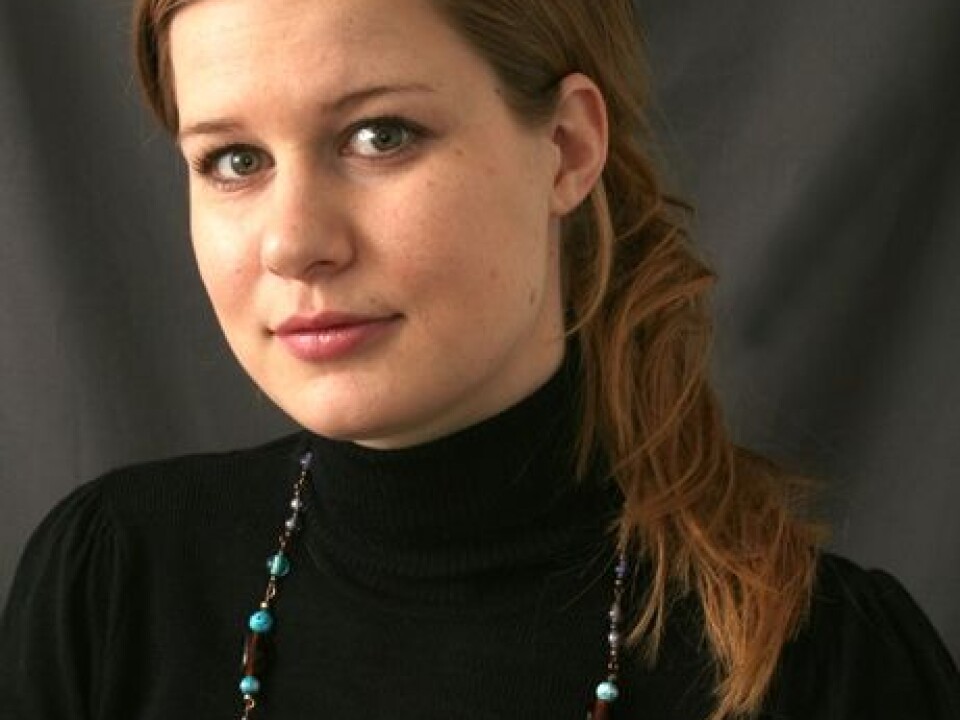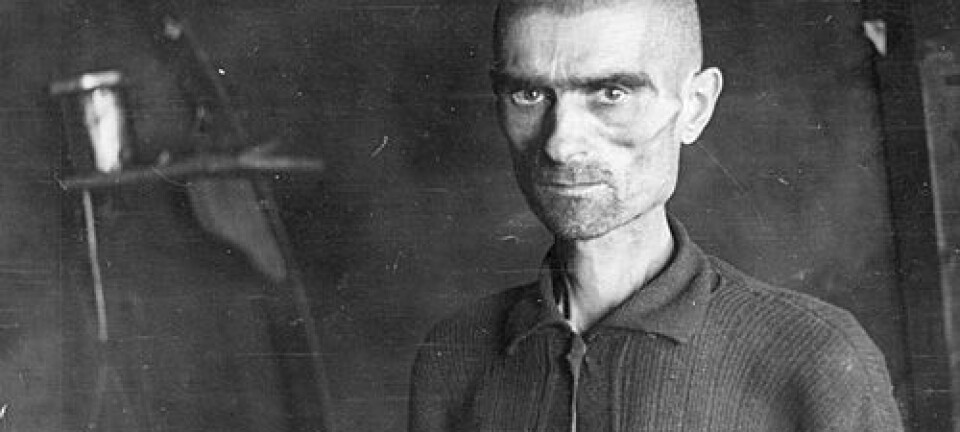This article was produced and financed by the Norwegian Institute of International Affairs - read more

Friendships form countries’ foreign policy
When two countries constantly talk of each other as special friends and allies, this has consequences for practical policy.
Denne artikkelen er over ti år gammel og kan inneholde utdatert informasjon.
The United Kingdom and United States have been close allies throughout the years. They stood side by side in numerous military and political conflicts including World War I, World War II, the Korean War, the Cold War, and the invasions of Iraq and Afghanistan.
The special relationship between the two nations has also led to a high level of cooperation in economic activity, trade and commerce, and intelligence sharing. The relationship has been described as unparalleled among major powers.
"When a particular representation of an ally becomes dominant in a country's domestic political debate this forms the interaction between the two," says Kristin Haugevik at the Norwegian Institute of International Affair.
"Words and actions are mutually reinforcing," she says.

In her dissertation Haugevik has studied how friendships and special relations between states occur and are maintained.
Words and actions reinforce each other
Haugevik has looked at the relationships between the U.S. and the United Kingdom, and the UK and Norway after World War II.
While the US-British relationship has been the subject of continuing public attention, the Norwegian-British relationship has gradually faded into oblivion.
"In political debates in the UK the relations with the United States are mainly described as an equal friendship and partnership," says Haugevik.
This image is reinforced in part through frequent presidential and prime ministerial visits between the two countries, and almost ritualistic confirmation of the unique character of the relationship, according to the researcher.
"There is a reason why American presidents and British prime ministers always praise 'the special relationship' when they meet," she says.
Haugevik’s research also shows how American and British diplomats have what can only be described as a unique access to each other's political system.
Friendly neglect
The Norwegian-British relations have developed in a different direction.
In the parliamentary debates in the 1950s and 1960s Britain was often portrayed as a political beacon for Norway. Today the relationship is characterized by what some diplomats refer to as "friendly neglect."
Britain has gradually disappeared from the Norwegian foreign policy debate.
"After 1965, the descriptions of the Norwegian-British relations have been more businesslike and at times also more critical," says Haugevik.
This is reflected in practical politics.
" For example, visits between the Norwegian and British prime ministers have been irregular in the past forty years, and at times completely absent," she says.
-----------------------
Read the Norwegian version of this article at forskning.no
































